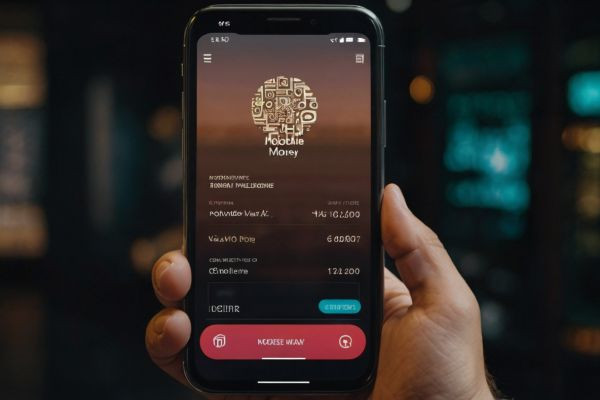Introduction
Mobile banking has emerged as a game-changer in Africa, providing millions of people with access to financial services that were previously out of reach. As mobile phone penetration continues to soar across the continent, mobile banking is transforming the financial landscape, promoting financial inclusion, and driving economic growth. This article explores the rise of mobile banking in Africa, its benefits, challenges, and future prospects.
The Growth of Mobile Banking
Mobile banking has experienced exponential growth in Africa over the past decade. According to the GSMA, there were over 548 million registered mobile money accounts in Sub-Saharan Africa by the end of 2020. Services like M-Pesa in Kenya and MTN Mobile Money across several countries have been at the forefront of this revolution, enabling users to perform a variety of financial transactions using their mobile phones.
Benefits of Mobile Banking
Financial Inclusion: Mobile banking has significantly increased financial inclusion by providing access to financial services for people in remote and underserved areas. With mobile banking, individuals can open accounts, transfer money, pay bills, and even access credit without needing to visit a physical bank branch. The World Bank emphasizes the role of mobile banking in bridging the financial inclusion gap.
Convenience and Accessibility: The convenience and accessibility of mobile banking have made it an attractive option for many Africans. Users can perform transactions anytime and anywhere, reducing the need for long queues and travel to bank branches. This convenience is particularly beneficial for those in rural areas who may have limited access to traditional banking services.
Cost-Effectiveness: Mobile banking services are often more affordable than traditional banking services. Lower transaction fees and reduced travel costs make mobile banking a cost-effective solution for many users. The CGAP highlights how mobile banking reduces the cost of financial transactions.
Economic Empowerment: By providing access to financial services, mobile banking empowers individuals and small businesses economically. Access to credit and savings facilities enables entrepreneurs to start and grow their businesses, contributing to local economic development. A report by the International Finance Corporation (IFC) discusses how mobile banking supports economic empowerment.
Challenges of Mobile Banking
Despite its numerous benefits, mobile banking in Africa faces several challenges:
Regulatory Hurdles: Regulatory environments vary across countries, and inconsistent regulations can hinder the growth of mobile banking services. Some countries have restrictive policies that limit the expansion of mobile banking.
Digital Literacy: While mobile phone penetration is high, digital literacy remains a challenge. Many users, particularly older adults, may not be familiar with mobile banking technology, limiting their ability to use these services effectively. The African Development Bank (AfDB) is working to improve digital literacy to enhance financial inclusion.
Security Concerns: Security and fraud are significant concerns in mobile banking. Ensuring the safety of transactions and protecting users from scams and cyber-attacks is crucial for the sustained growth of mobile banking services. Organizations like the GSMA are actively working to improve mobile banking security.
Infrastructure Limitations: In some regions, poor network coverage and unreliable internet connectivity can limit the effectiveness of mobile banking. Improving telecommunications infrastructure is essential to support the expansion of mobile banking services.
Future Prospects
The future of mobile banking in Africa looks promising, with continued growth expected as more people gain access to mobile phones and internet services. Innovations such as blockchain technology and artificial intelligence are likely to further enhance mobile banking services, making them more secure and efficient. Additionally, increased collaboration between governments, financial institutions, and technology companies can help address regulatory and infrastructural challenges.
Conclusion
Mobile banking is revolutionizing the financial landscape in Africa, providing millions with access to essential financial services and promoting economic development. While challenges remain, the continued expansion of mobile banking holds immense potential for improving financial inclusion and empowering individuals and businesses across the continent. By leveraging technology and fostering collaboration, Africa can harness the full benefits of mobile banking and drive sustainable economic growth.










